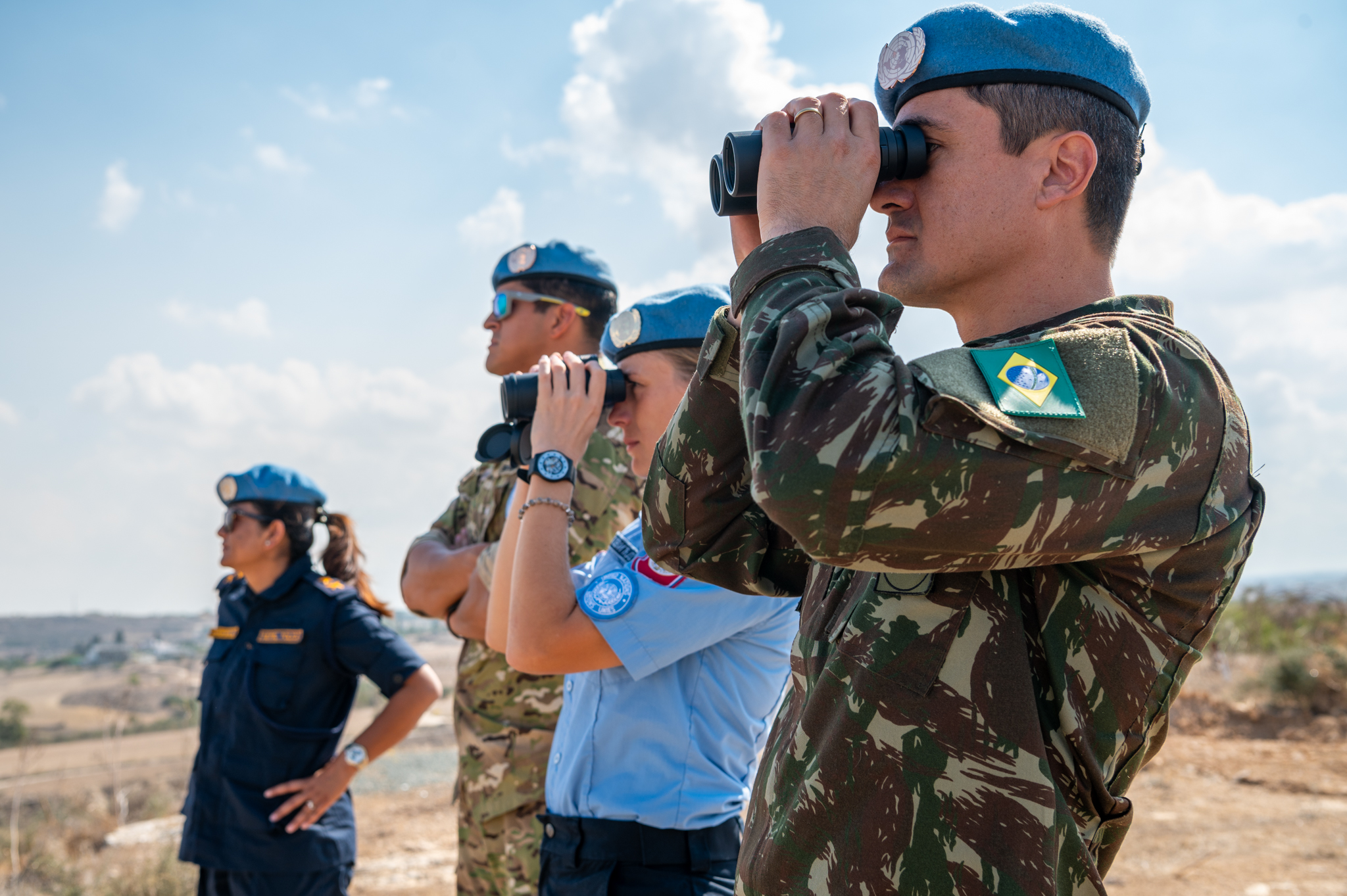The UN Secretary-General has for 60 years been issuing reports about the situation in Cyprus and for the renewal of the Unficyp mandate. Until recently, these reports were issued twice a year while for a short period they became annual. In short, there have been more than 100 such reports since the mid-sixties when the UNSG started issuing them.
Almost every time the first draft of such a report appears, representatives of the two sides complain about its alleged lack of objectivity, bemoaning the favouring of the other side. By the time the report is finalised a few days later, each side claims to have made changes to the draft to make the end product more acceptable and less biased.
In the past, the political parties of the Republic would issue indignant statements slamming the pro-Turkish reports which “equate the aggressor and the victim,” and which “keep equal distances from each side,” despite the fact that one is an occupier, violating international law. Journalists would also take part in the attacks on the UN, writing long pieces about offending phrases in the reports and claiming these posed threats to the Greek Cypriot side.
And eventually, when the final version of each report was released the government and the foreign ministry would express their satisfaction, both taking credit, of course, for the necessary changes that were made to the text. For many years, the changes secured to parts of the text of the reports were presented as important diplomatic victories by the Cyprus foreign ministry, which was desperate to show that its Cyprus problem diplomacy was yielding results.
We have never seen any tangible or theoretical benefit from these diplomatic victories over the years. It would be very interesting for some high-ranking official at the foreign ministry to explain why so much importance is attached to these UN reports and what advantages are gained by the wording of a few phrases or having them deleted. This is all rooted in the idea, cultivated among Greek Cypriots ever since 1974, that only through the UN would we secure a settlement and the withdrawal of the occupying troops.
Much fewer people buy into this myth nowadays, which is perfectly understandable after 50 years of stalemate. It is also the reason so little attention is given to the UN annual or bi-annual reports by the media and political parties. Drafts of the latest reports, which would be officially released in mid-January, provoked a reaction from government spokesman Konstantinos Letymbiotis on Tuesday. Speaking on a CyBC radio show, he repeated the familiar rhetoric about the equating of the side defending itself and the side in attacking formation and complained about the “equal distance approach.”
In the reporting period, there had been 227 military violations of the buffer zone, the draft said – 118 by the Turkish side and 109 by the Greek Cypriot side – and Letymbiotis insisted that these could not be viewed as the same thing, because the Republic’s violations were in self-defence. He also tries to explain that the violations of the buffer zone by Greek Cypriot farmers were not on par with those by Turkish Cypriot police in Pyla in 2023.
The question is does it matter? Does anyone care? After all these years have we still not learned that the UNSG’s reports are of very little importance and even less value?






Click here to change your cookie preferences